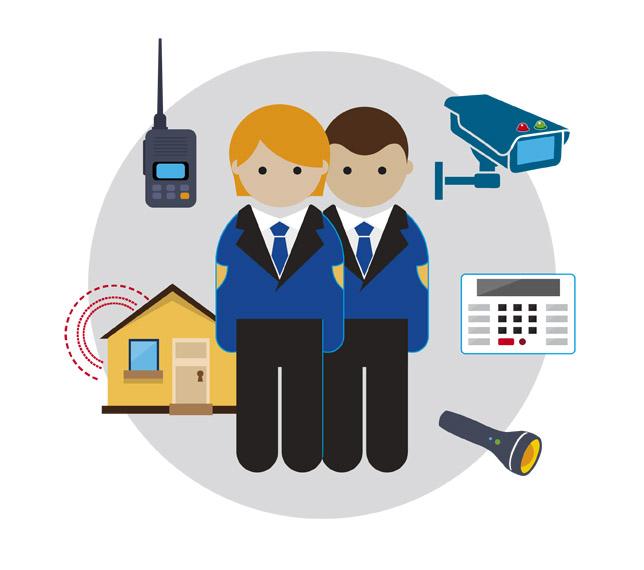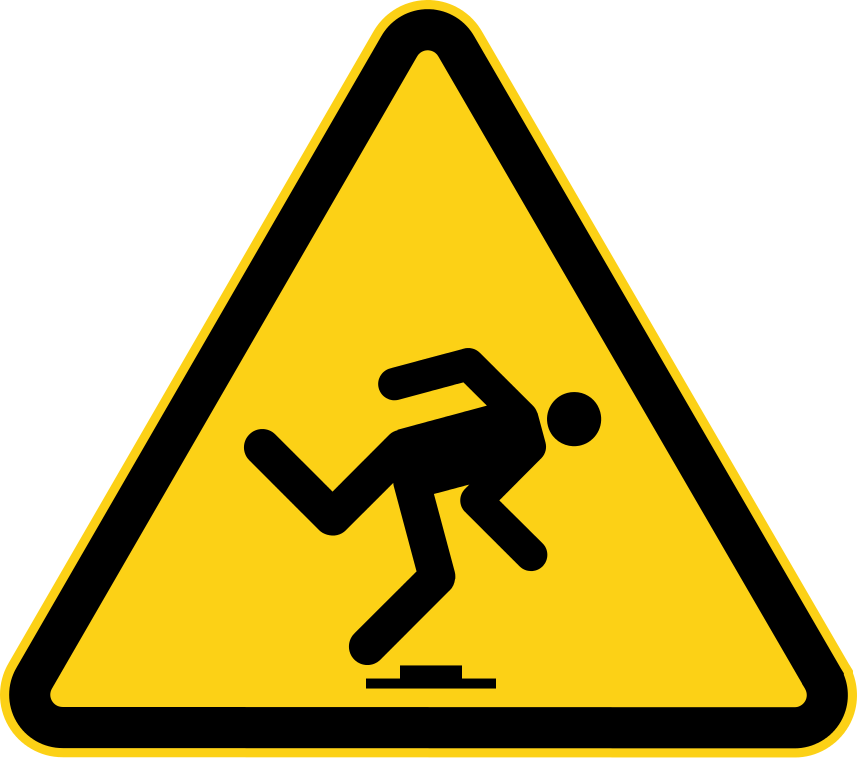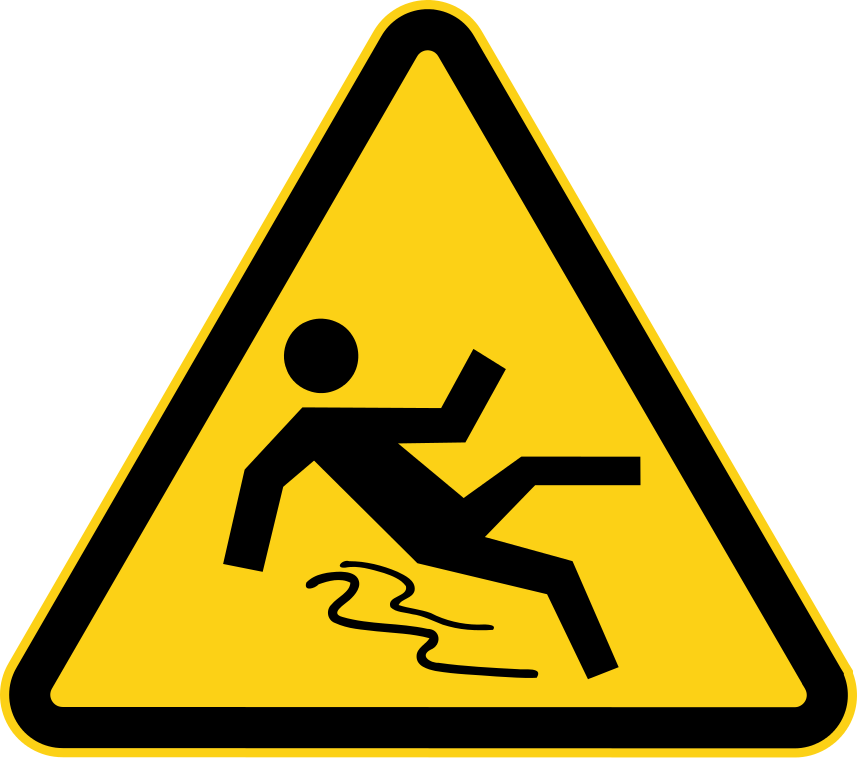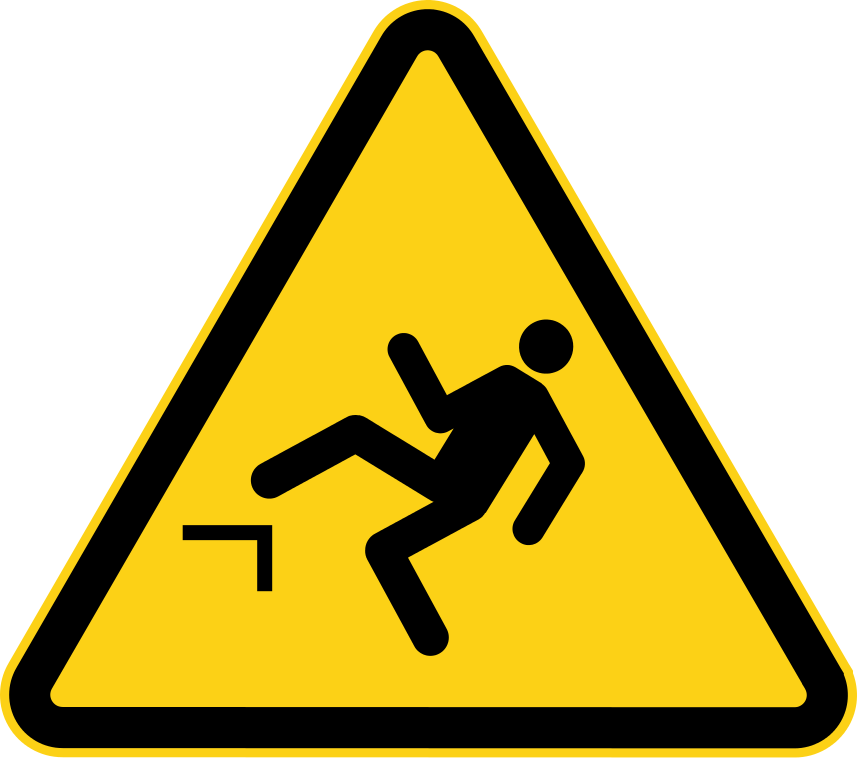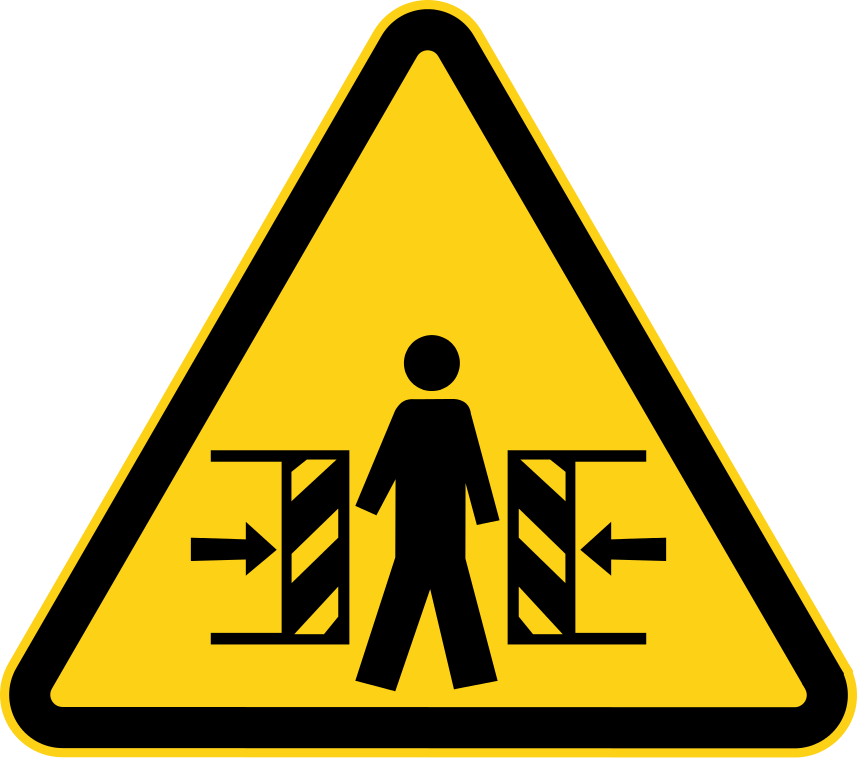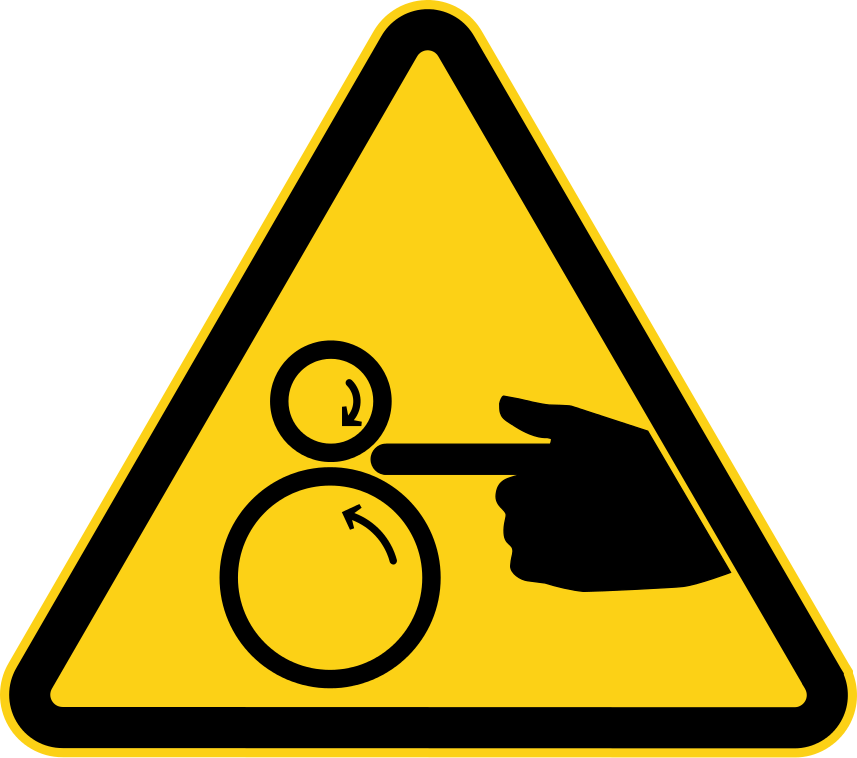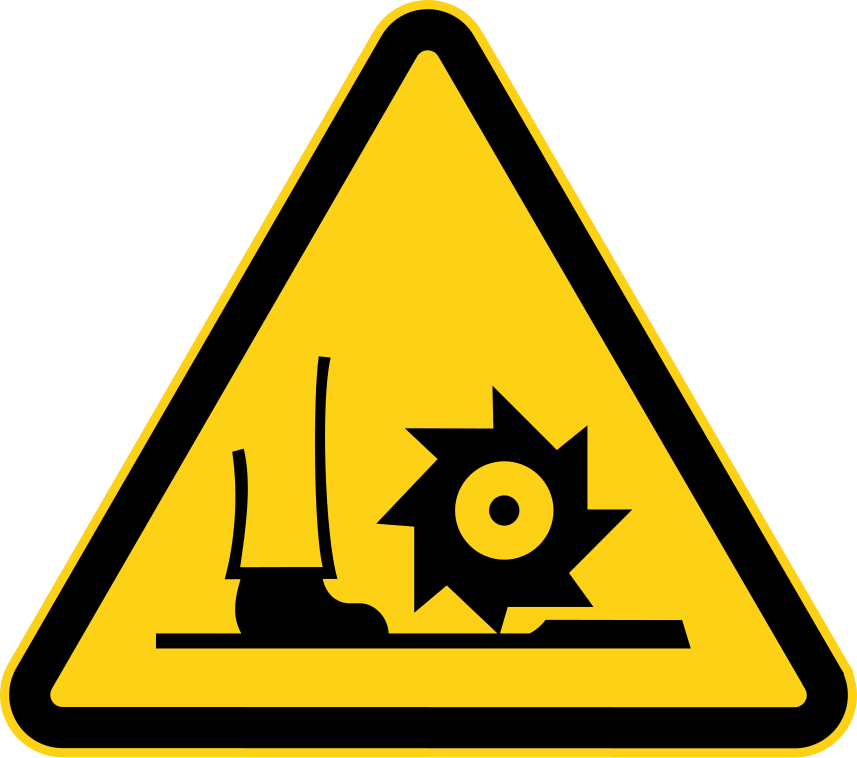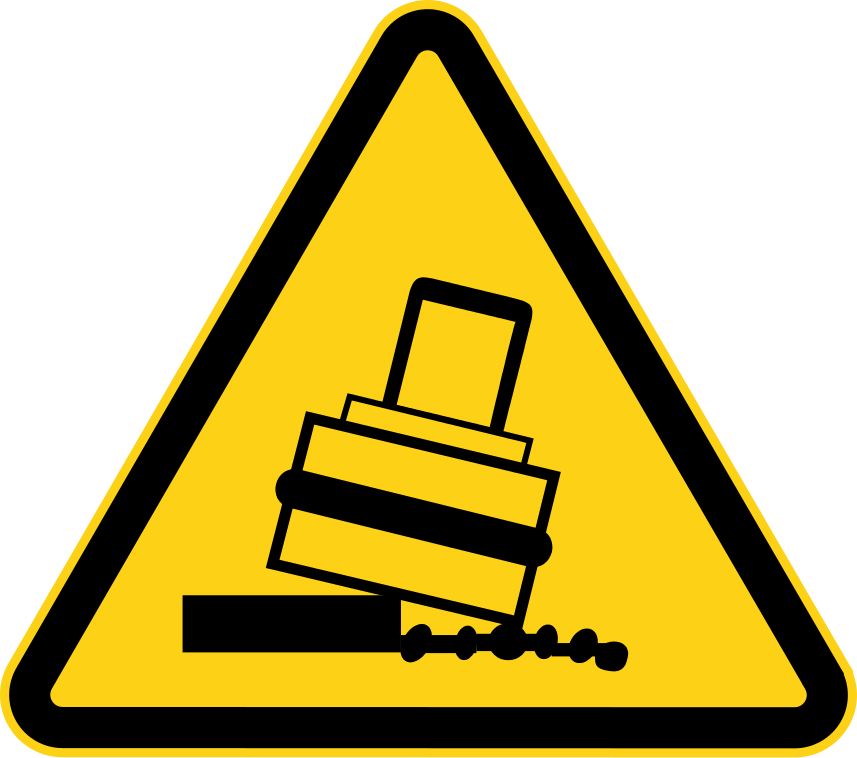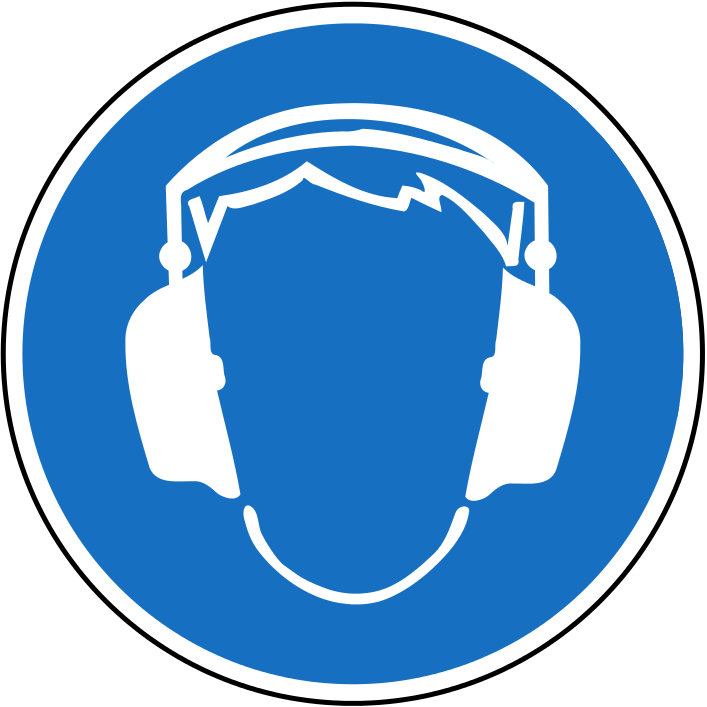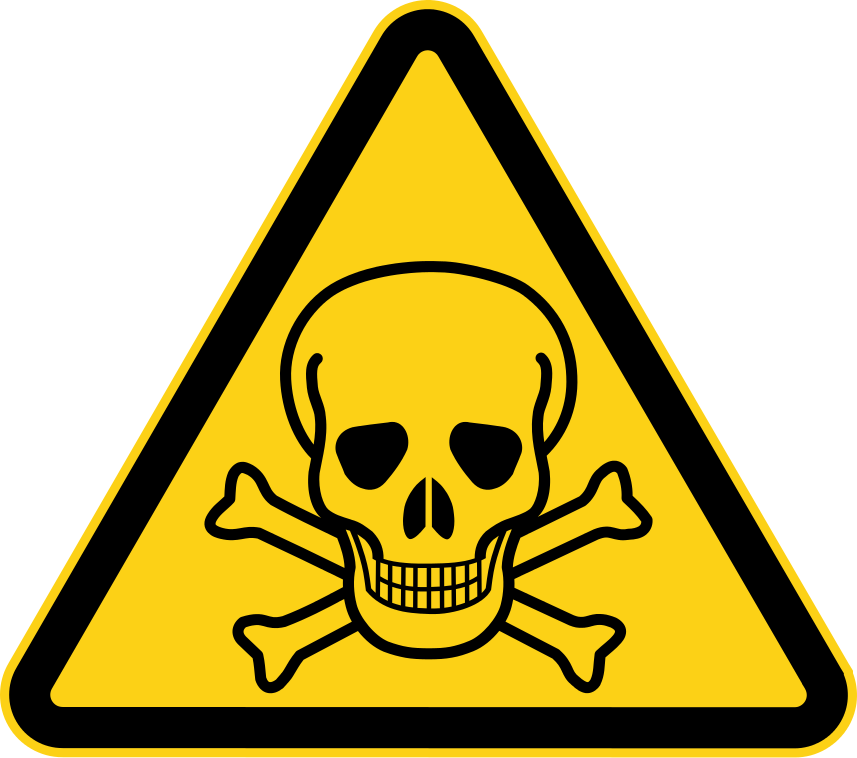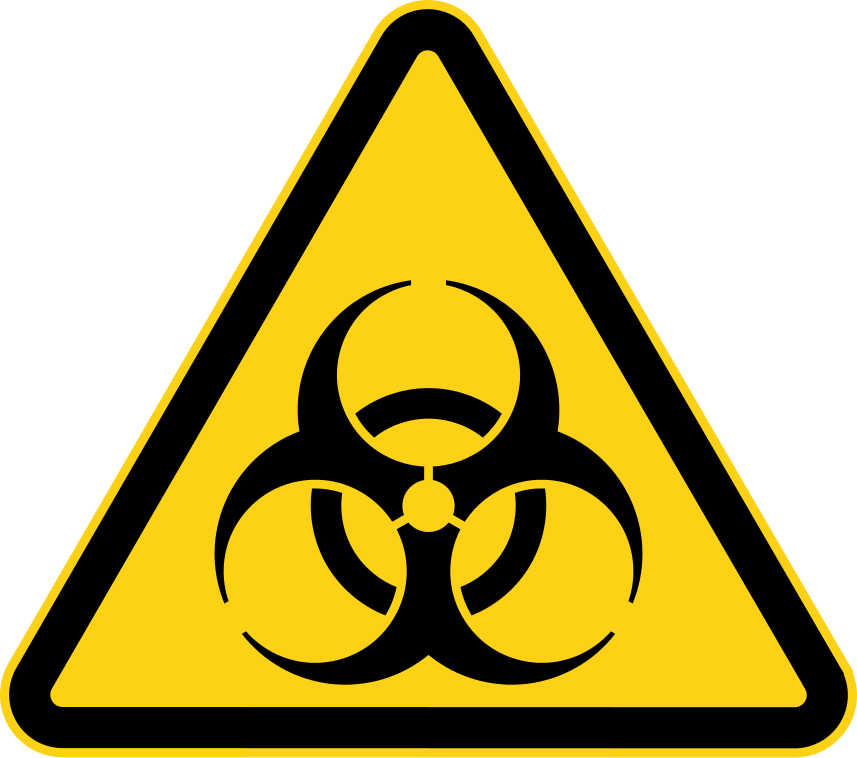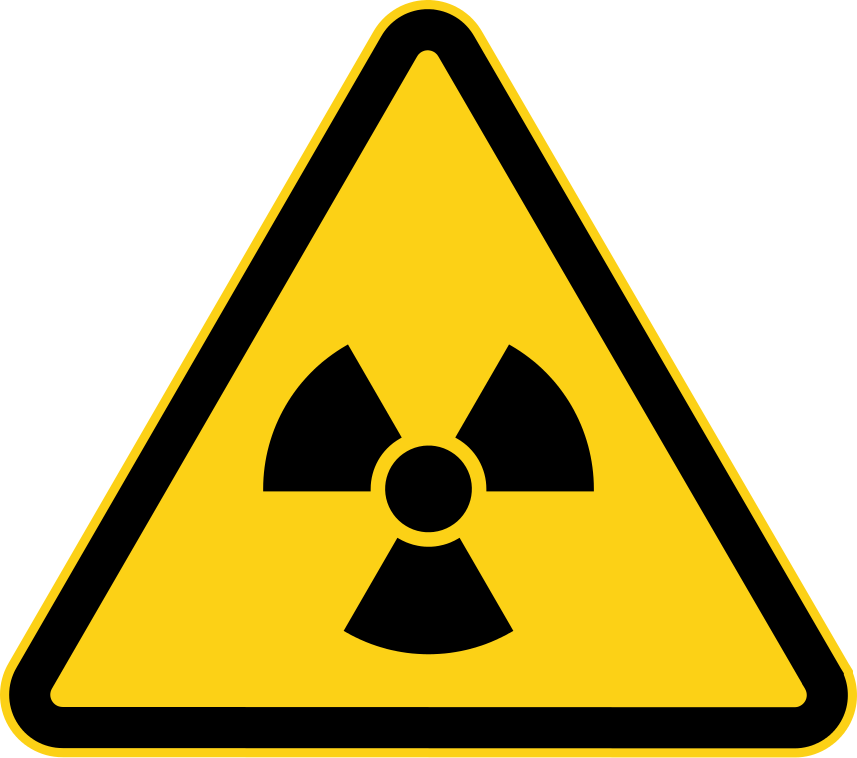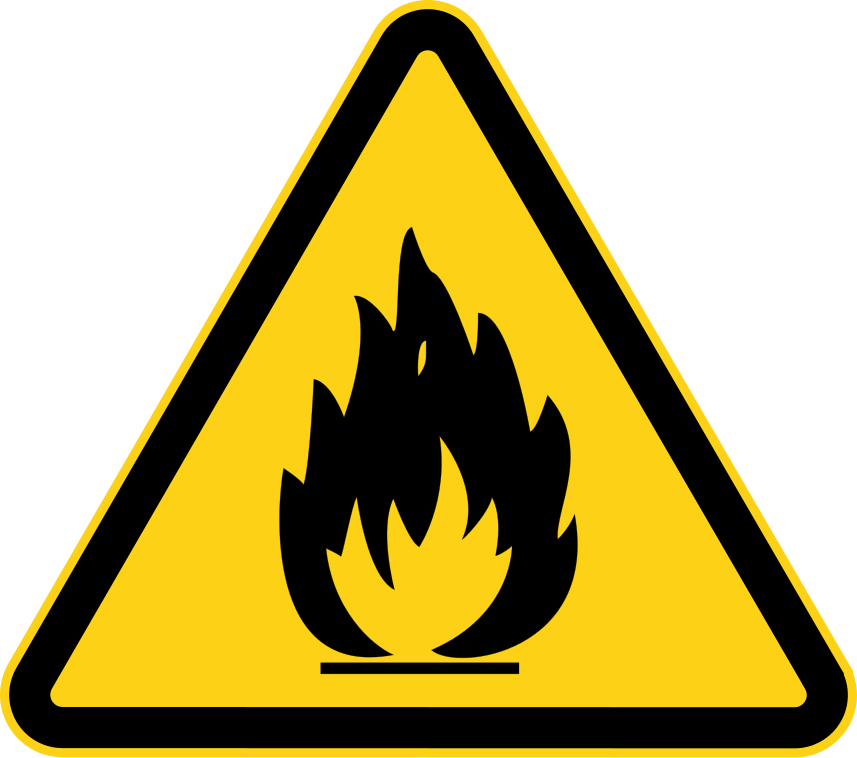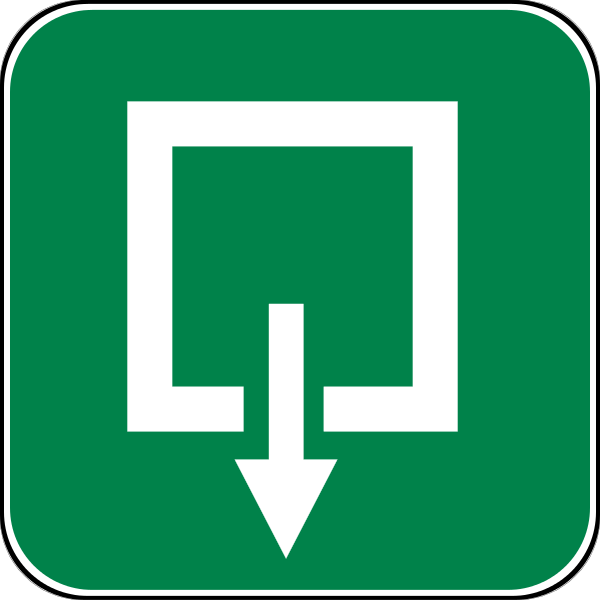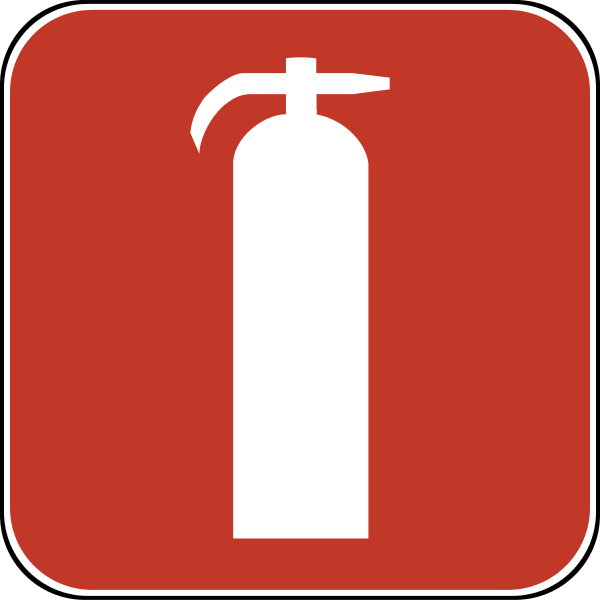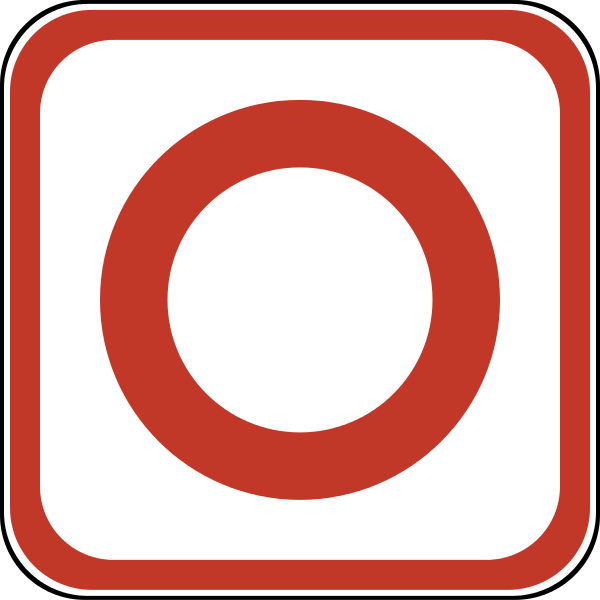Work environment (site related)

Accident statistics show that risks like slips, trips and falls, getting stuck, … are very frequent in the private security services sector.
It is therefore important to pay attention to the physical environment of the client’s premises (e.g. the retail store): floors, passageways, stairs, facilities, lighting, climate, electricity, …
IMPORTANT. These risks are related to the activities and installations of the client. It is therefore important that the private security services company and the client company cooperate to tackle these risks and guarantee the health and safety of the private security guards. This implies that the private security services company and the private security guards should be informed based on the client’s risk assessments and be involved in drawing conclusions and designing preventive measures.
The next screens let you check whether the necessary measures are in place on this site.
